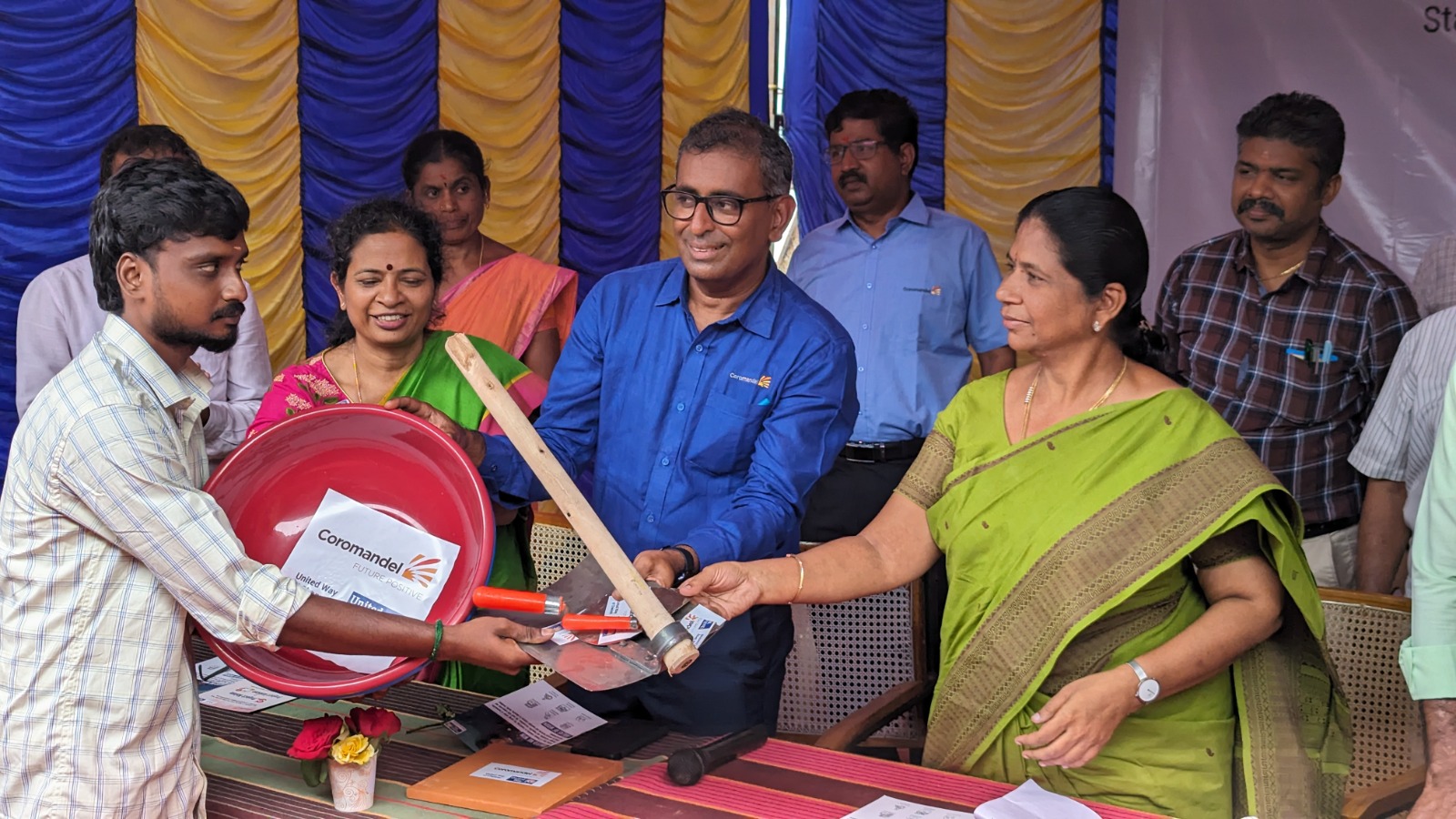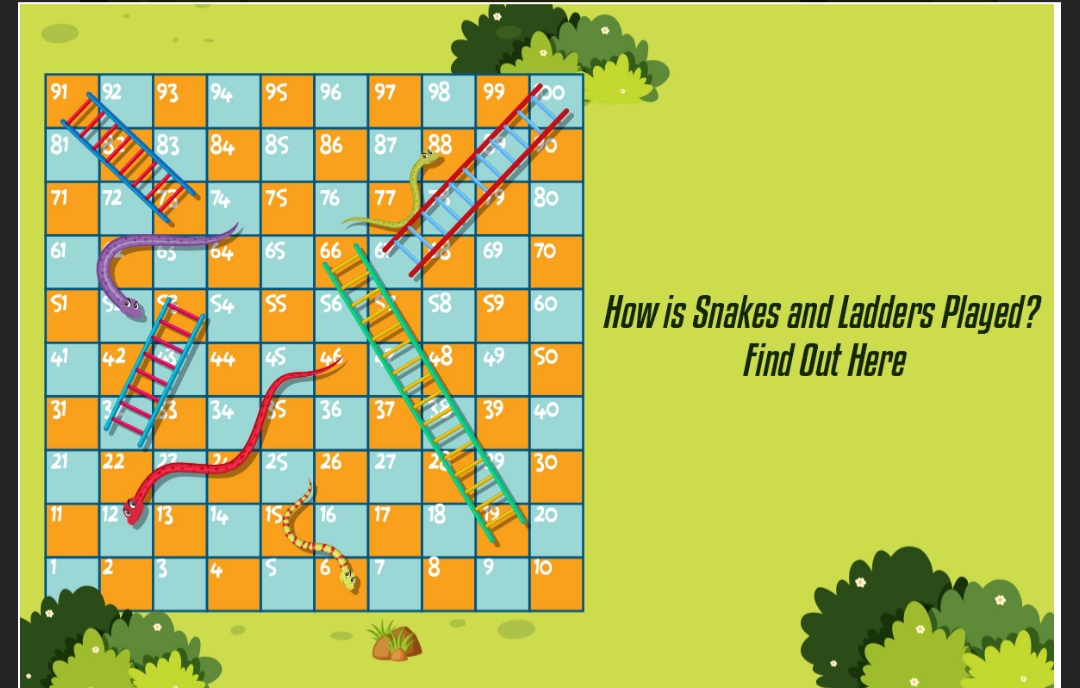Trending Now
- 830 voters names go missing in Kavundampalayam constituency
- If BJP comes to power we shall consider bringing back electoral bonds: Nirmala Sitaraman
- Monitoring at check posts between Kerala and TN intensified as bird flu gets virulent in Kerala
India News
Thinking is first skill of a child
![]() August 2, 2018
August 2, 2018
“Children must be taught How to think, not what to think.” – Margaret Mead
Often, we mix perspectives to thinking skills like lateral thinking. Though it is essential to evolve as a better human being to appreciate a sense of belonging to one-self and others, the question remains whether we are gifted with thinking skills or forced to think. The article explores thinking skills, role of parents and teachers and technology for children.
Dr. Prashanth, Head of the Department and Consultant Pediatrician and Neonatologist at Motherhood Hospital; Director and Founder of Little Baby Care, says, “We human beings are gifted with one of the most powerful thing, ‘Thinking Skills’. This is found from the moment life starts, right from conception stage. In other words, it is from when the structure of brain begins and nervous system develops. This skill is found as soon as the baby is in the womb.”
“In numbers, 73 per cent of the brain is already developed during pregnancy and at end of three years about 85 per cent of it is developed. Several studies indicate that the thinking process starts in the womb,” says Dr Asha Benakappa, Director of the Indira Gandhi Institute of Child Health, Bengaluru
If the child begins thinking process in the womb, what is likely to happen once the child’s comes out to the environment?
Dr Asha Benakappa believes the environment is an enabler.
Dr Lokesh Patil, faculty in a medical college, says, a child doing minimum expected are the developmental milestones and indicators of normal growth.
Dr Prashanth explains with an example, for instance, if a ball is given to a dog, it might do just one or two actions like looking and pushing it away. Whereas for a child the actions could be – looking at the ball by moving it around, seeing the colour, understanding its geometry (round), with chances of tasting or biting and playing. This is an actual scenario every parent might have come across with their own children as also those of others.
Dr Bharathi J P, Pediatrician at Srirampuram Referral Hospital believes that minimum six months of breastfeed and nutritional food can influence thinking skills.
The child starts interacting with objects such as toys. Can a child think only through interactions with objects?
Not necessarily, it can also happen if there is a memory of it. This is observed after the age of two or three, says Dr Prashanth
The child picks from others by observations. It tends to imitate and this could be one way to influence thinking, says Dr Lokesh.
It has innate thinking capacity and interaction can strengthen this capacity. However, the kind of object needs to picked cautiously. For example, if a child is fed showing a cartoon or TV, the thinking process might not exist, says Dr Asha.
Casting of objects is generally seen between six and nine months. During this time, a child tries to put things in its mouth, transfer from one hand to another and try dropping them to the floor. When it drops, auditory potentials are stimulated. So the child hears the noise and learns the language.
If innate thinking capacity is believed to be true potential, how does one see the learning at school? Is it a forced thinking? Does that have to do with snubbing?
Dr Fathima B, Medical Superintendent at Srirampuram Referral Hospital, says choice of the child is to be given preference.
Dr Prashanth recommends parents to go with cues of child. It is possible if one has failed to go with the cues of a child (baby). Suppose the baby had sufficient food and slept very well. But let’s say the baby has woken up in midnight and does not want to sleep. Maybe the baby wants to play or learn things. In such scenario if parents push the baby to sleep or feed, it’s likely that certain skills are snubbed. To help the baby it’s important to follow the cues, understanding and being with the baby.
Dr Asha suggests picking education board that doesn’t fatigue the brain. Picking just whims of societal pressure can cause chronic fatigue syndrome where the child could fail to perform at the need of hour.
Dr Lokesh thinks parents and relatives try to enforce their ideologies. On a lighter note, one could say the ideas that failed in their life are tired to be enforced on their children.
Assuming some cues are simple to follow and some might be difficult (or ignored), in later case, what is likely to happen if the cues aren’t followed?
Giving enough exposure to the child could be a way to understand the cues, says Dr Bharathi
If parents do not follow the cues it can be defective development, says Dr Asha.
At the age of 7-9-months the baby would begin to have hand-eye coordination in which typically it puts its hand in the mouth. If this is snubbed, the child might lose this natural skill. Another example is one continues to carry the baby not letting it crawl after 10 months. Before a baby starts walking, muscles need to be toned up and adjusted or ready to walk. The natural ability of the child could be snubbed. This just a tip of iceberg, skills that follow under ‘gross motor’ skills. There are other skills that fall under fine motor, language, ocial and others, says Dr Prashanth
If one gets to understand the cues, satisfying each cue could be challenging. Often, to control the child’s tantrum, parents often devise a method like telling them about ghosts dogs or flowers. Will that hurt and snub skills of child?
Dr Prashanth says it’s definitely going to hurt. Fear not, just believe! Because, there is fear created through various other social mechanism like fear of peers, fear of punishment etc. If one could use simple concept like, ‘Fear not, just believe!’ This could help the child become a progressive thinker. Initially, the technique of fear like dog, ghost is used to when feeding. But it is fine to have one meal missed rather than adding fear in the child.
Dr Asha says, the consequence of hurt sometime has long term impact, for example, bad dreams. This can lead to bad behaviour. Behavior could be fretful, unable to sleep, being noisy and restless etc. This is likely because the child is snubbed. For parents, it is better to go to the corner and not punish. The child will realise its mistake by doing so.
If one has to bring positive reinforcement in the child through love and affection what should be the role of parents and teachers in developing the skills?
Dr Prashanth believes every child is unique. Either its parents or teachers need to spend quality time with the child to gauge the skills. The universal rule and protocols often lead to several problems. For example, mandatory rules like having breakfast at 9 am or usage of restroom only during interval cannot be universal as every child might have different timings for nature call. There cannot be comparison and this needs a different approach to each individual. Through such practices, parents and teacher could extract best from each child.
Dr Asha also resonates that the role of the teacher is facilitator. Teachers are expected to facilitate in an ambient environment and structured syllabus. Major portion of cues needs to be taken up by parents. This could be due to several reasons, one could be because a class could consist of 30-60 students. How much can a teacher do in 45 minutes, she asks.
But Dr Lokesh believes the role of teachers is very important if the family is first time to school. The nurturing and support of such a talent falls on the responsibility of parents.
To fulfil role and responsibilities of parents and teacher, one needs to understand. How does the child see the school and home?
Dr Bharathi feels the child takes time to adjust to newer environment. Two-and-a-half years might not be right age for school.
According to Dr Prashanth, for a child,school is more of a learning place and house is more of a fun place. Children love to go to school if there is a free and comfortable environment. The concept of being humiliated or insulted for being unable to do homework needs to be removed from the child’s brain. In this kind of ecosystem, each child will start thinking individually, not because of compulsion or comparison.
Dr Asha believes it depends on parents and school authorities on the kind of environment provided. If it is conducive, the child is likely to love school and home. She derives from her personal experience as her child wanted to see her waiting at the gate in saree and bindi while he returned home. One needs to yield to children to make them feel and allow them to see home and school as their own.
With changing paradigm and penetration of gadget, one cannot avoid being everywhere. It’s arguable, being everywhere but not reaching anywhere! What is likely to be the impact on thinking skills by usage of online games?
Dr Prashanath feels, always human to human interactions have led to new thought process and invention and discoveries have happened. Life skills are important though at the same time technologies cannot be ruled out. The more the child interacts with people, the highet will be the IQ level. Let’s take an example, a child is taken to its grandparents for summer vacation. The child interacts with different age groups and understands the challenges of each interaction. This might add to a new skill like empathy. Several such interactions with different age groups help in cognitive skills (learning with known environment).
But Dr Lokesh feels technology cannot be avoided by everyone in the future. Right kind of games could help improve psychomotor skills or tackling problems. However, he says too much obsession with games can prove fatal and points to Blue Whale. One needs to understand the difference between real and virtual world.
Dr Asha says the repetitive structure in online games makes one numb and fails to connect with others. Visual simulation and repetitive simulation actually affect the thinking skills. However, there are complicated games that use NLP (Neuro-Linguistic Programming) like jigsaw puzzle should be good to play.
How do parents help child in using technology like STEM?
Dr Asha believes phased introduction without taxing the brain could be the ideal way. It cannot be the wish of parents to accommodate the brain of the child.
Dr Prashanth says technology should be like taking medicine. Take appropriate dose in appropriate intervals. It needs to be introduced in such a way that their skill like thinking is not hampered. Let’s say if the baby is only allowed to see rhymes in the mobile. As the baby is just seeing, thinking skills are likely to be hampered. Instead of it if there is an interactive toy like robotics where several skills are brought into an ecosystem.





















